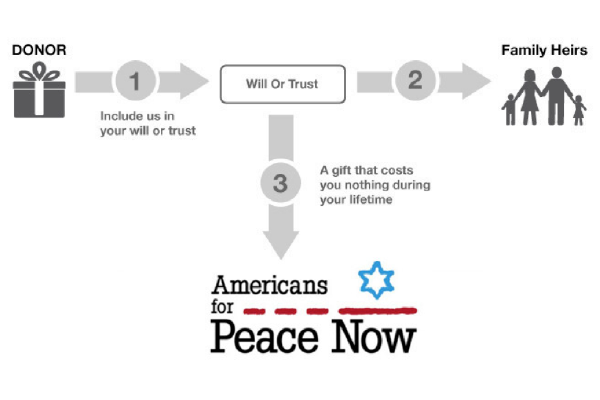You will receive our Weekly Update (featuring 'Legislative Round-Up' and 'Hard Questions, Tough Answers' by Yossi Alpher), action alerts, and invitations to APN-sponsored events and more.
Current developments and activities
Click here to also subscribe to News Nosh, APN's daily round-up of the Israeli press. News Nosh is a popular, well-regarded news summary and analysis produced by Jerusalem-based journalist Orly Halpern. Six days a week, News Nosh will fill you in on the most pressing current events in Israel and the region. It's free and goes great with your morning coffee (and you can unsubscribe at any time).
Click here for today's News Nosh and please, sign-up.
Here are three actions you can take right now!
Sign our
petition to tell Israel: Stop the land grabs, stop the settlement expansion.
Contact the State Department’s press office and urge a
stronger response on Hebron and Amona
Get
the word out: Tweet About E-2
Learn more here about the expanding hold of the settlers in Hebron, the planned demolition of the village of Sussya, the planned re-location of Amona, the planned new settlement of Givat Eitam, aka E-2, and why you need to take action now!


 The Israeli Peace Now movement,
The Israeli Peace Now movement,  We know that pro-Israel does not mean blindly supporting policies
that are irrational, reckless, and counter-productive. Pro-Israel means supporting policies that are consistent
with Israel's interests and promote its survival as a Jewish, democratic state.
We know that pro-Israel does not mean blindly supporting policies
that are irrational, reckless, and counter-productive. Pro-Israel means supporting policies that are consistent
with Israel's interests and promote its survival as a Jewish, democratic state.